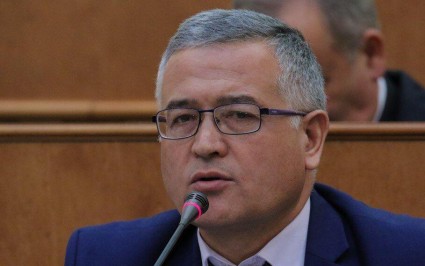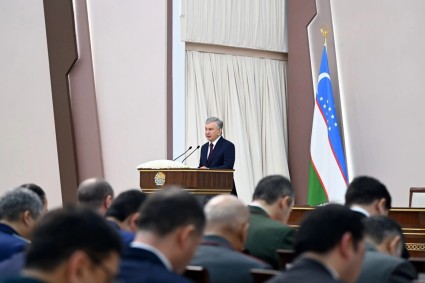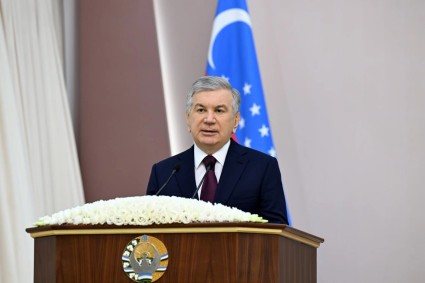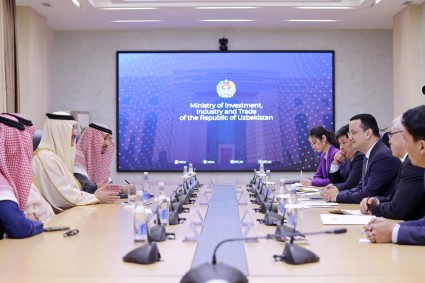A delegation from the Ministry of Investment, Industry and Trade landed in the United States to promote Uzbek goods, to expand export opportunities and to develop bilateral trade and economic ties, the Ministry said.
In particular, a meeting took place at the US Department of Agriculture and the US Cotton Association on the supply of American cotton under the GSM-102 program - an American export credit guarantee scheme. Both an increase in the credit limit and the launch of the Made from U.S. Cotton initiative, within the framework of which products made from American cotton will be supplied from Uzbekistan to foreign markets, are being discussed.
Re-exporting of processed cotton
Back in February 2024, the management of the Uztekstilsanoat Association and officials of the American Cotton Council International discussed bilateral cooperation in Tashkent.
According to Uztekstilsanoat, in the backdrop of the rapid growth of the textile industry, the demand in the country for cotton imports is growing. Meanwhile, the Cotton Council International announced the opening of a representative office in Uzbekistan and plans to enter into a number of agreements “aimed at developing the potential of local textile enterprises.”
The GSM-102 program allows importing countries to purchase American agricultural products on credit — but with a guarantee from the US Department of Agriculture. This reduces risks for commercial banks and makes the purchase more accessible. For Uzbekistan, where it is still difficult for businesses to obtain cheap long-term loans in foreign currency, this could become a key mechanism for importing strategic raw materials.
In May, Uzsanoatqurilishbank announced that it had become the first participant in the GSM-102 program in Central Asia and had built cooperation in providing guarantees for attracting trade finance credit lines.
It is important that not only is the expansion of access to GSM-102 being discussed, but also the use of cotton as an export label. The “Made from U.S. Cotton” initiative suggests that Uzbekistan can become part of the global production cycle: processing American cotton into textiles and supplying it for export under a new certified label. This is a kind of “re-export of processing” with increased added value.














